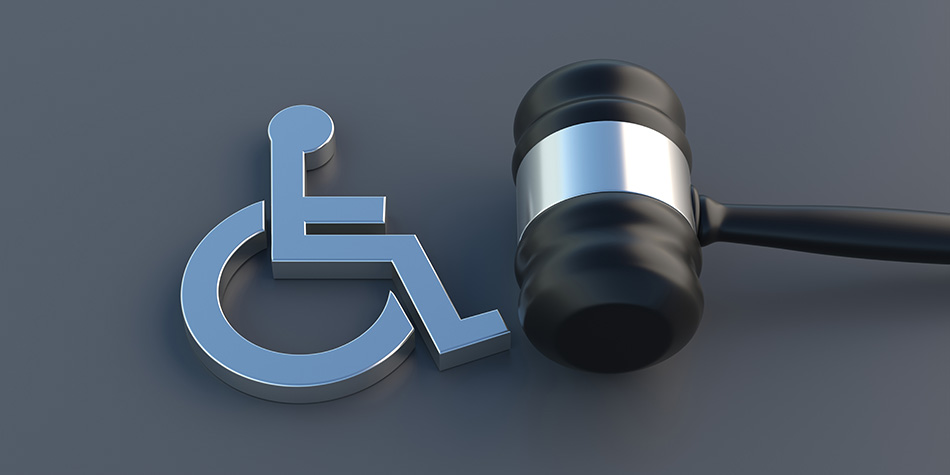
Disability discrimination is against the law.
Disability discrimination is when you have been treated less favourably than somebody else because:
- you have a disability
- people think you have a disability
- you used to have a disability
- you may acquire a disability in the future
- you are the friend, relative or colleague of a person with disability.
The rights of people with disability in Australia are protected by a variety of laws:
- International: United Nations Convention on the Rights of Persons with Disability (UNCRPD)
- National: Disability Discrimination Act 1992 (referred to as the Disability Rights Act.
Disability Discrimination Act
Disability Discrimination Act makes it unlawful to discriminate against a person, in many areas of public life because of their disability.
Disability discrimination is against the law in certain public places, including:
- workplaces, such as when you apply for a job or while you are at work
- employment agencies, such as when you use recruitment companies
- when you access goods and services, such as when you go shopping, do your banking or access medical services
- state education, such as when you apply for study and during your studies
- accommodation, such as when you rent accommodation or buy a house
- industrial organisations, such as membership of a union
- qualifying bodies, such as an institute that issues qualifications
- at registered clubs (clubs that sell alcohol or have gambling machines), such as when you try to enter or join a club.
The Act protects a wide range of disabilities and illnesses, including:
- physical disabilities
- diseases that make a part of the body or brain work differently
- mental illnesses or psychiatric disabilities
- behavioural disorders
- intellectual disabilities
- learning or cognitive disabilities
- adverse changes to the body or brain following an accident or surgery
- a different formation of a body part
- diseases or illnesses caused by a virus or bacteria.
The Act applies to:
- People with a disability
- People who have had a disability in the past
- People with potential future disabilities
- People that are assumed to have a disability
The Disability Discrimination Act also protects people with disabilities who may be discriminated against because they are accompanied by:
- an assistant, interpreter or reader;
- a trained animal, such as a guide, hearing or assistance dog; or
- they use equipment or an aid, such as a wheelchair or a hearing aid.
What to do if you feel you are being discriminated against?
If you think that you have experienced disability discrimination, you can try speaking to the person or organisation responsible to express how you feel.
If you don’t feel comfortable doing this, or if it isn’t appropriate, you make a complaint to the relevant body in your state or to the Australian Human Rights Commission.
- Australian Human Rights Commission
- ACT: ACT Human Rights Commission
- NSW: Anti-Discrimination NSW
- QLD: Anti-Discrimination Commission Queensland
- SA: Disability-related complaints and feedback
- TAS: Equal Opportunity Tasmania
- VIC: Victorian Equal Opportunity and Human Rights Commission
- WA: Rights of People with Disability (services) / Making a Complaint
Support to make a complaint
The National Advocacy Program provides advocacy support for people with disability.
NDIS THERAPY FINDER - FREE SERVICE
LET US FIND YOU A SKILLED SUPPORT WORKER

